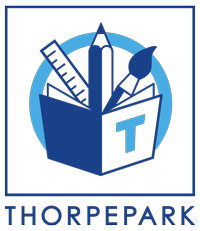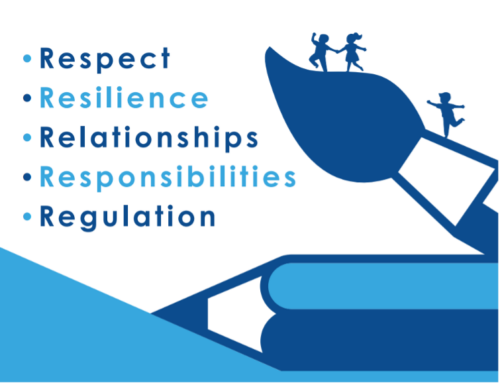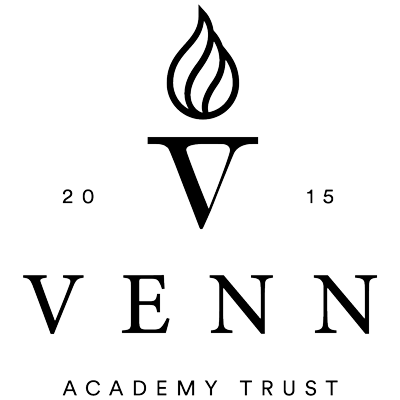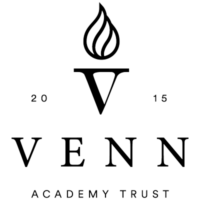Design & Technology subject information
At Thorpepark our Design and Technology vision is to creatively design and make products that solve real and relevant problems. To encourage children and give them opportunities to develop skills in order to inspire them both whilst they are at Thorpepark and after they leave us.
Intent
With in our school Design and Technology is about providing opportunity for all children to use creativity and imagination to design and make products that solve real and relevant problems, considering their own and others’ needs. Making mistakes is a huge part of Design and Technology and integral to learning. Children will develop skills alongside the design process, evaluating existing products and designers.
Implementation
Subject content Key stage 1
When designing and making, pupils will be taught to:
Design
- design purposeful, functional, appealing products for themselves and other users based on design criteria.
- generate, develop, model and communicate their ideas through talking, drawing, templates, mock-ups and, where appropriate, information and communication technology.
- Children use their understanding of significant people in a given area to aid their own designs.
Make
- select from and use a range of tools and equipment to perform practical tasks [for example, cutting, shaping, joining and finishing].
- select from and use a wide range of materials and components, including construction materials, textiles and ingredients, according to their characteristics.
Evaluate
- explore and evaluate a range of existing products and the work of significant designers.
- evaluate their ideas and products against design criteria.
Technical knowledge
- build structures, exploring how they can be made stronger, stiffer and more stable.
- Explore and use mechanisms [for example, levers, sliders, wheels and axles], in their products.
Cooking and nutrition
- use the basic principles of a healthy and varied diet to prepare dishes.
- understand where food comes from.
Subject Content Key stage 2
When designing and making, pupils will be taught to:
Design
- use research and develop design criteria to inform the design of innovative, functional, -appealing products that are fit for purpose, aimed at particular individuals or groups.
- generate, develop, model and communicate their ideas through discussion, annotated sketches, cross-sectional and exploded diagrams, prototypes, pattern pieces and computer-aided design.
- children will draw on design concepts used by significant designers to aid their own designs.
Make
- select from and use a wider range of tools and equipment to perform practical tasks [for example, cutting, shaping, joining and finishing], accurately.
- select from and use a wider range of materials and components, including construction materials, textiles and ingredients, according to their functional properties and aesthetic qualities.
Evaluate
- investigate and analyse a range of existing products.
- evaluate their ideas and products against their own design criteria and consider the views of others to improve their work.
- understand how key events and individuals in design and technology have helped shape the world.
Technical knowledge
- apply their understanding of how to strengthen, stiffen and reinforce more complex structures.
- understand and use mechanical systems in their products [for example, gears, pulleys, cams, levers and linkages].
- understand and use electrical systems in their products [for example, series circuits incorporating switches, bulbs, buzzers and motors].
- apply their understanding of computing to program, monitor and control their products.
Cooking and nutrition
- understand and apply the principles of a healthy and varied diet
- prepare and cook a variety of predominantly savoury dishes using a range of cooking techniques.
- understand seasonality, and know where and how a variety of ingredients are grown, reared, caught and processed.
Further information:
Year 1
Year 2
Year 3
Year 4
Year 5
Year 6
“The curriculum for pupils with special educational needs and/or disabilities (SEND) is well designed.”
“Leaders know the pupils, their families and the community very well.”
“Pupils love the ‘Thorpepark 50’.”
“Pupils learn the importance of contributing to their community.”
“Pupil ambassadors check on other pupils’ well-being.”
“Pupil mentors support younger pupils and those new to the school.”
“Leaders prioritise pupils’ well-being.”
“Pupils understand how to keep their minds and bodies healthy.”
“There is a truly inclusive ethos.”
“Leaders, including the trust, ensure that pupil, parent and staff well-being is a top priority.”
“Parents work in partnership with leaders and staff.”
“Pupils are motivated to learn.”
“Pupils know ways to raise their own self-esteem and that of others.”
“Pupils are empathetic and show understanding of other pupils’ needs.”
“Pupils often benefit from bespoke plans which are matched to their needs.”
“The school’s offer for pupils’ personal development is exceptional.”
“Leaders are committed to and highly skilled in supporting pupils who struggle to manage their own behaviour.”
“Children in the early years get off to a good start.”
“Lots of initiatives are in place to encourage pupils’ love of reading.”
“Leaders have ensured that the teaching of reading is strong.”
“Pupils are motivated to learn. They enjoy lessons and they achieve well.”
“Leaders have designed the curriculum to develop pupils’ sense of belonging, identity and pride in being from Hull.”
“Pupils thrive at Thorpepark Academy.”
“Pupils enjoy being active citizens and getting paid in credits they can spend in the school shop.”
“Many parents appreciate the adult learning and volunteering opportunities available to them.”
“By the end of key stage 2 pupils have secure knowledge in English and mathematics.”
“Pupils are well prepared for secondary education.”
“Pupils are exposed to a wide range of high-quality books.”
“Pupils learn about people and places from their local area in all subjects.”
“Extra-curricular clubs are carefully chosen to stretch individual pupils’ talents in music, sport and other areas, including sewing.”







